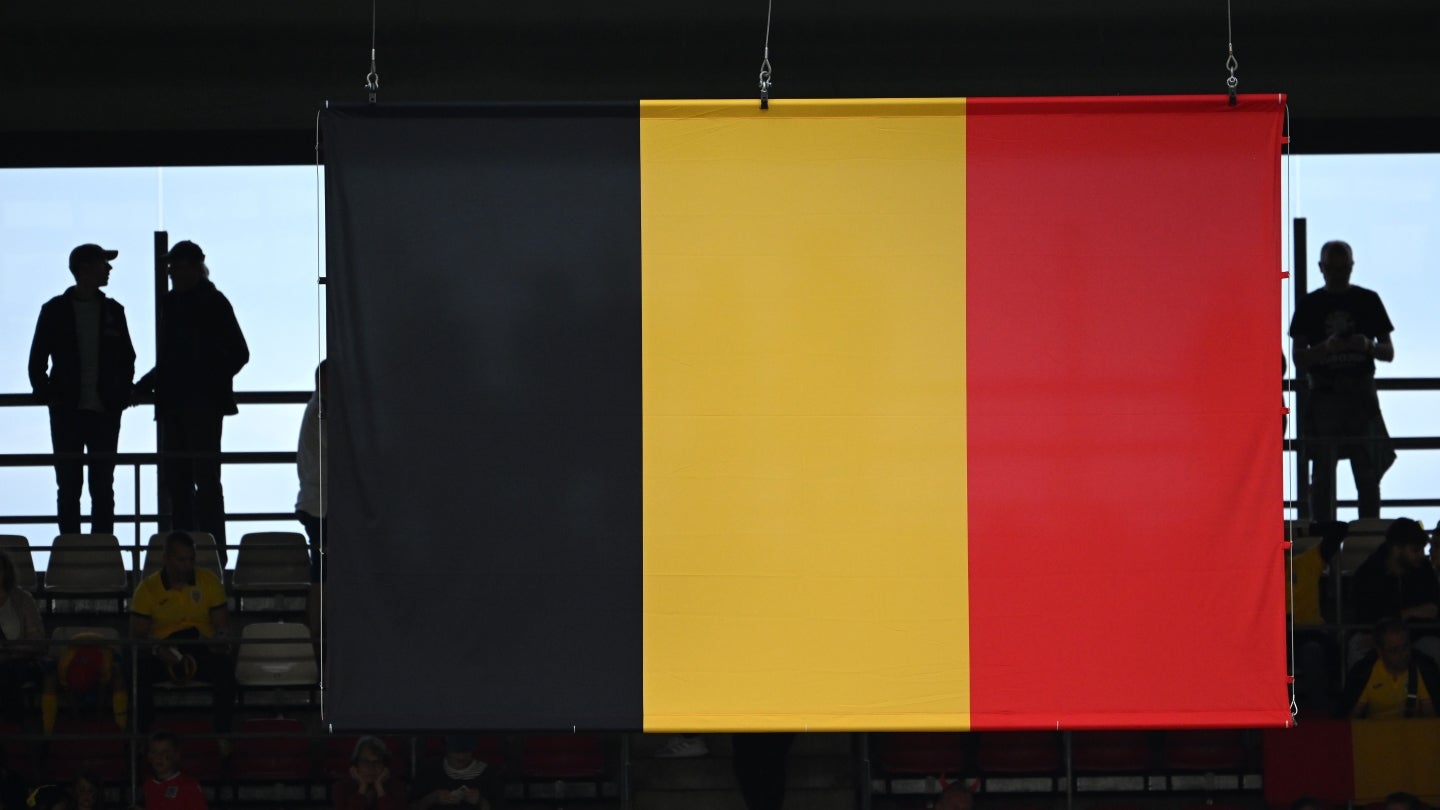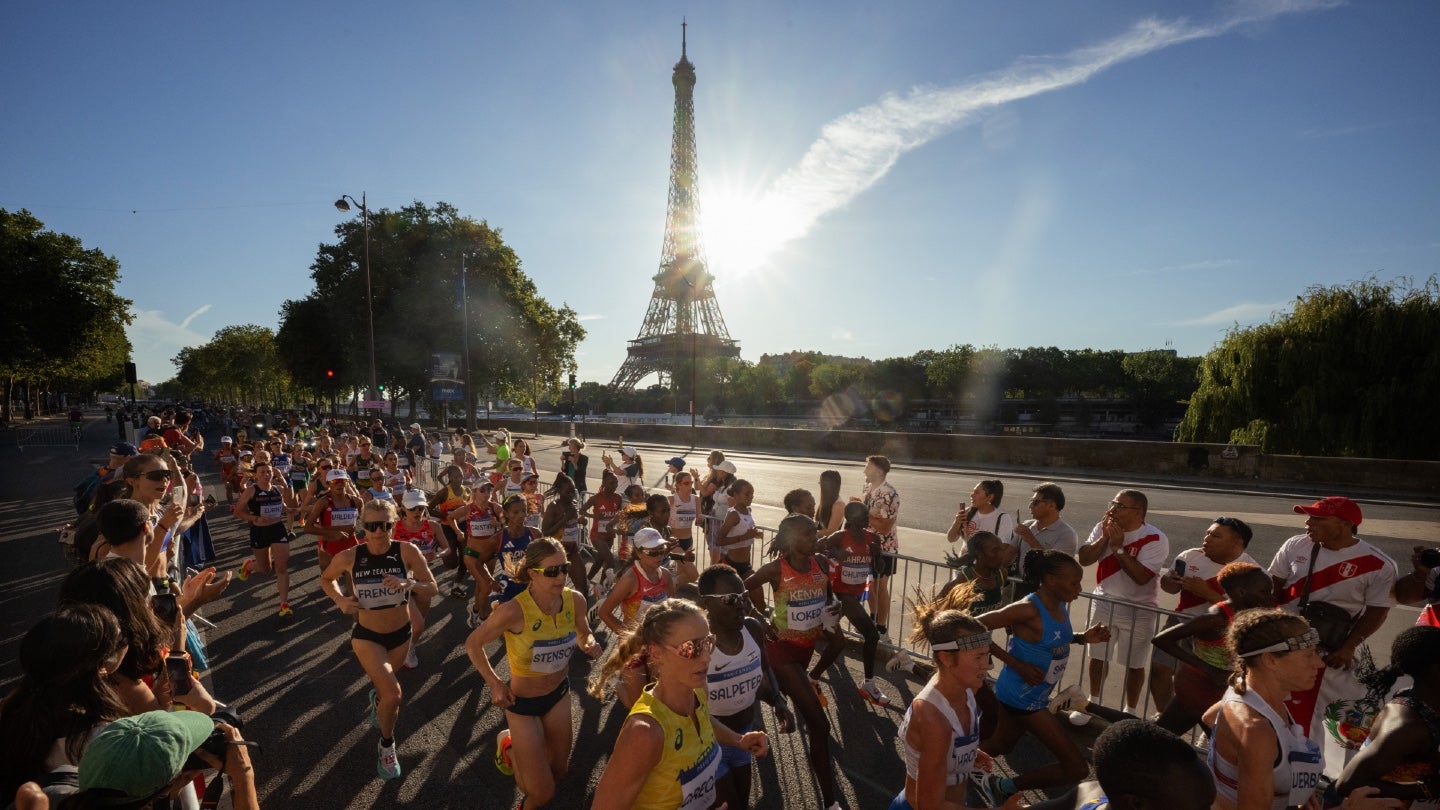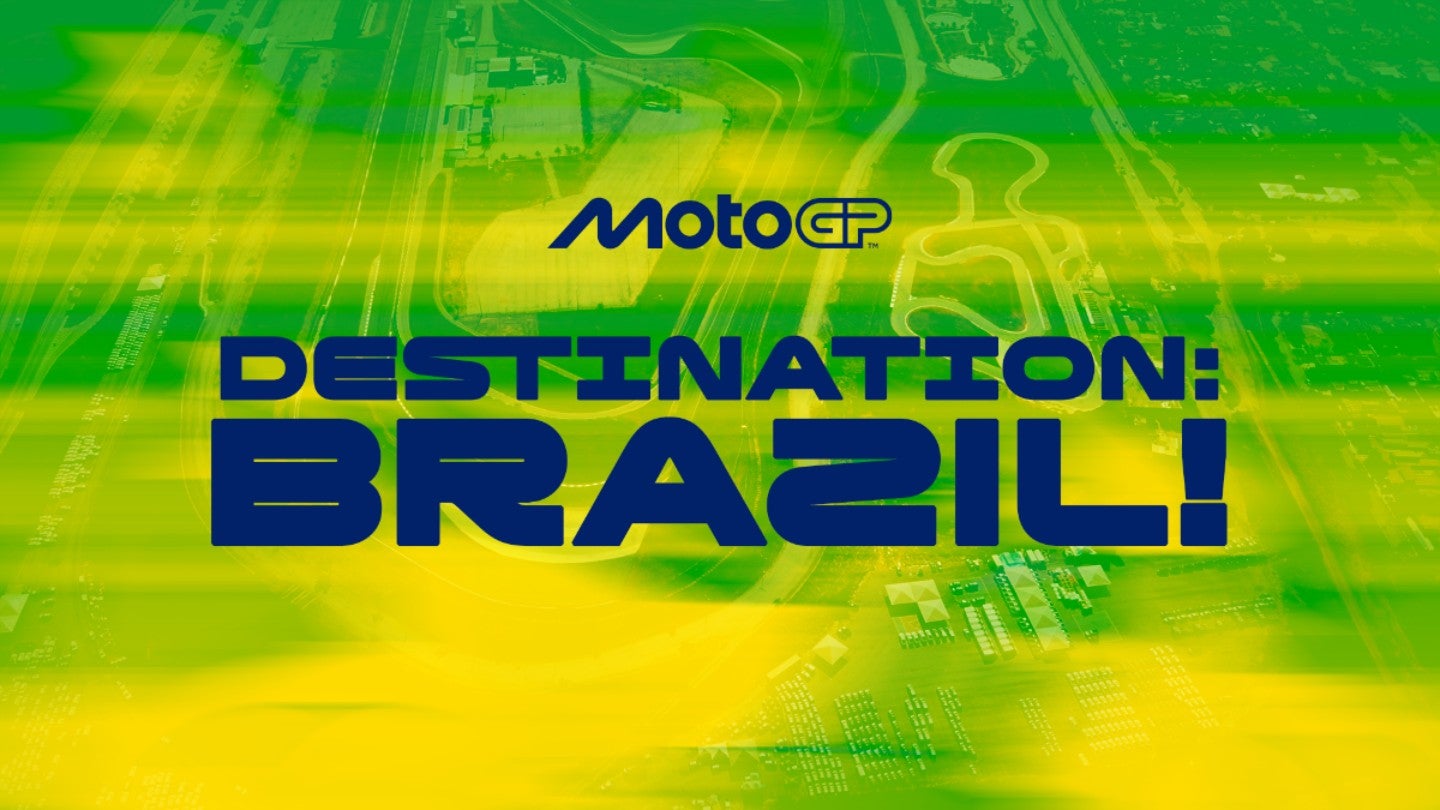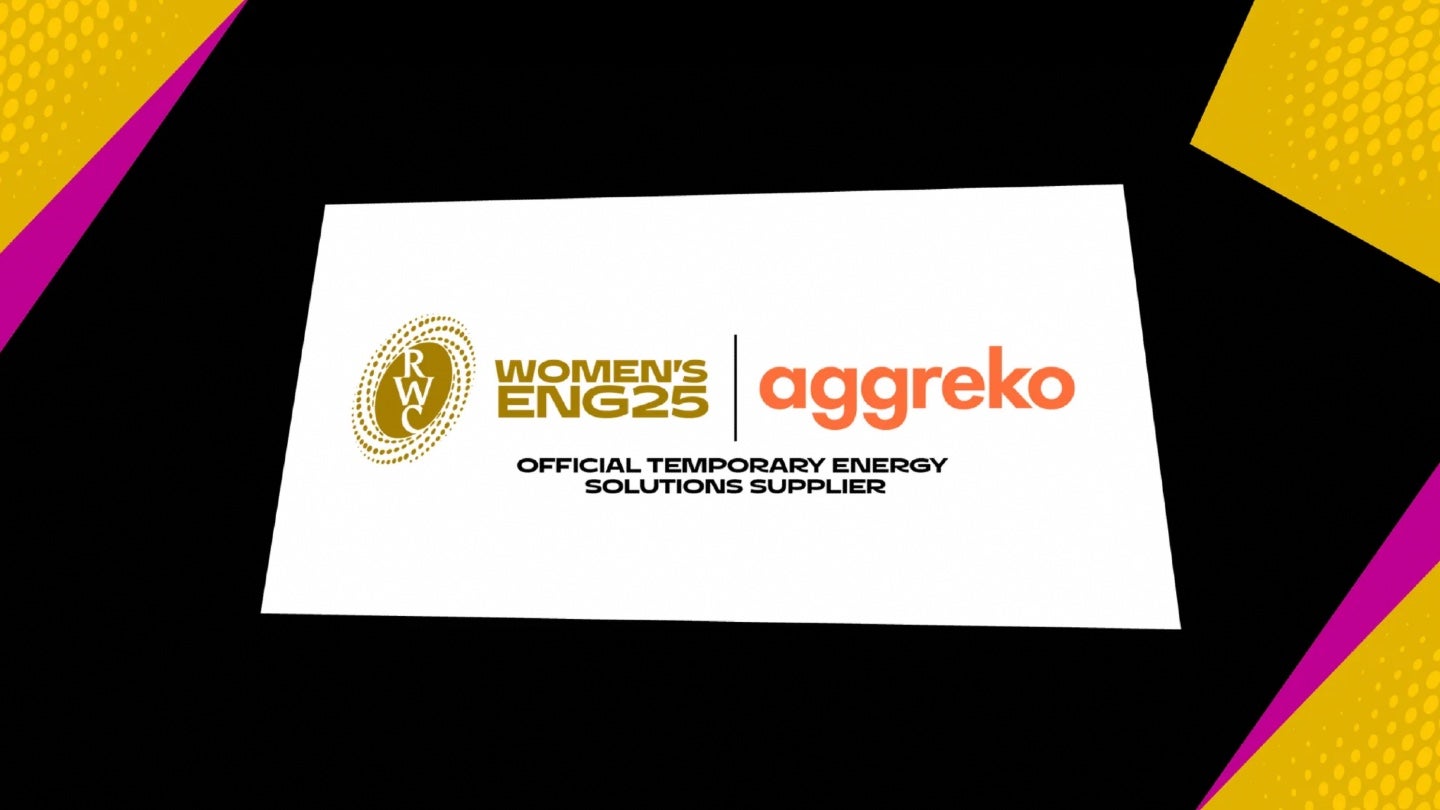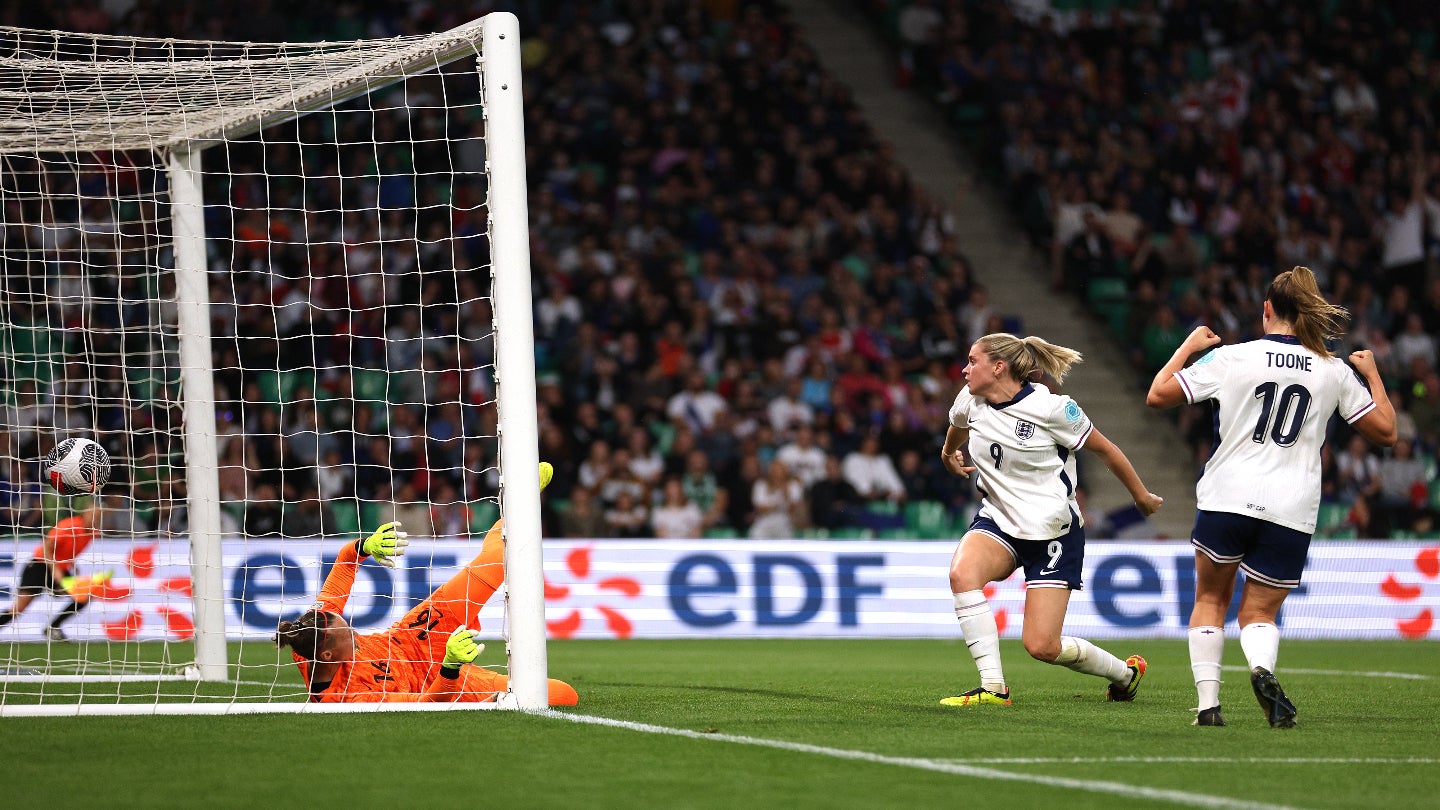Belgium’s Gaming Commission, the Kansspelcommissie (KSC), has announced new procedures for sports gambling sponsorships starting in January 2025.
The amendments entail sports clubs only being able to accept deals with companies that do not operate games of chance themselves, but still use the logo or brand name of gaming operators in some form or another.
This refers to foundations, supporter networks, applications, and websites with general information about soccer matches and online broadcast channels.
Nevertheless, the promotion of said companies that are related to the gambling sector will still be subject to gambling advertising rules under the Gambling Act 1999.
Additionally, the new procedures also dictate that the company logos can no longer be placed on the front of sports clothing, and they also cannot be larger than 75 cm².
Belgium’s gambling regulator has stated that soccer has been the biggest driver for local sports bets in 2024 - this is not the first time that this has been the case, but numbers are even higher due to men's soccer's Euro 2024.
During the continental tournament, new online betting accounts were created at an average of 1,031 per day, a 31% increase compared to the 787 accounts per day before the competition. The daily average total online bets were sitting at €6.5 million ($6,807,092.50) before the Euros, and rose to €8.6 million during the tournament.
It was announced in September that betting brands have spent around $135 million on shirt sponsorship deals with clubs in English soccer’s Premier League this year, with more than half of the top-flight teams partnering with companies in the sector despite agreeing to a league-wide ban on such deals in time for 2026-27.
GlobalData’s new The Business of the Premier League 2024-25 report outlines how the gambling industry accounts for 11 (55%) of the 19 active Premier League front-of-shirt deals this season, marking a significant increase on the seven agreements previously on display in the 2023-24 season.


